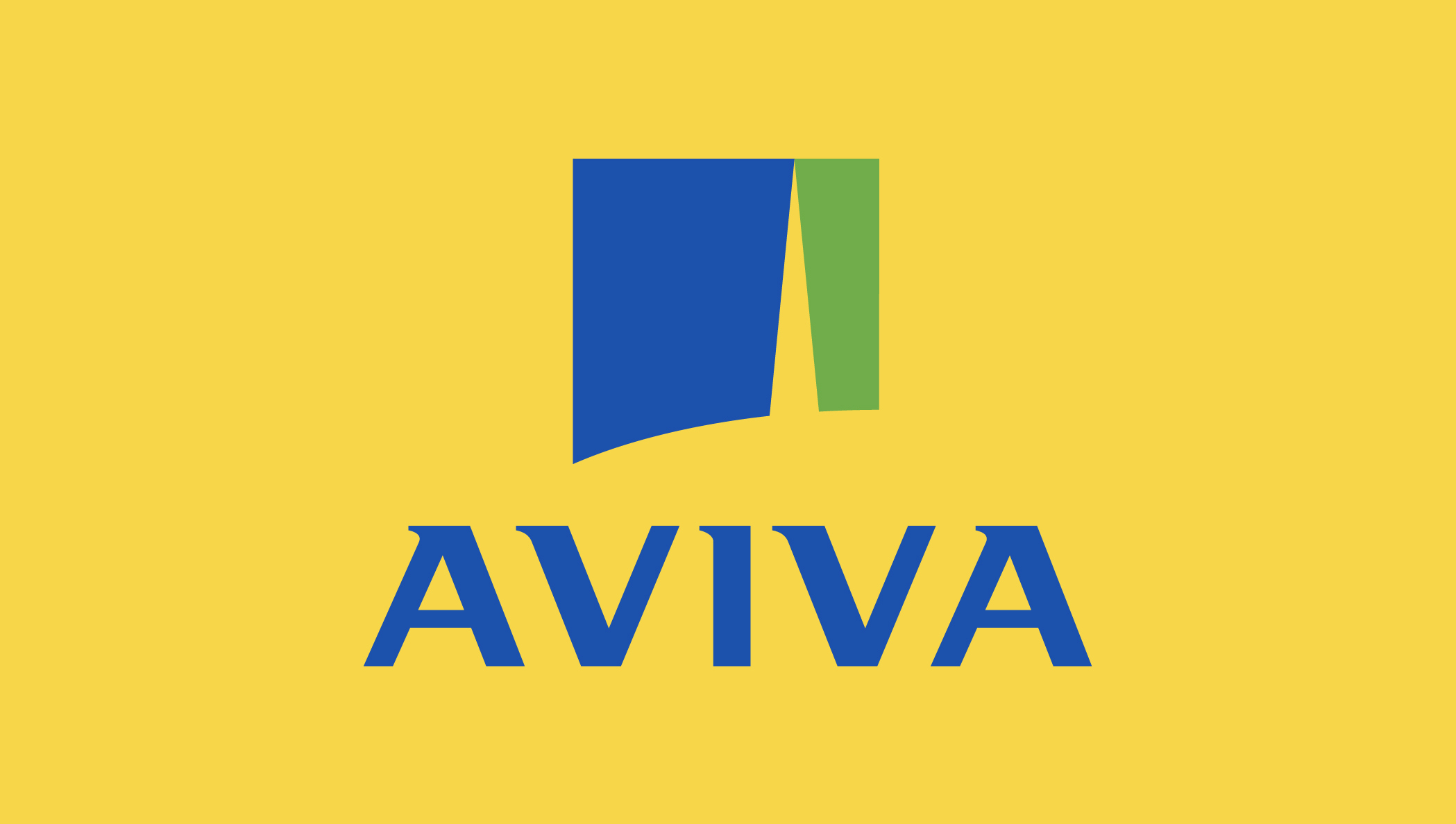Add into the mix sky-high rents, stagnating economic growth and ever-increasing student loan repayments, and it’s evident that younger people don’t have enough money now, let alone 40 years in the future.
Clearly, governments and legislative bodies need to take a leading role in solving this crisis.
Read more: Inadequate pension saving soars
The good news, however, is that people leaders can at least play a part, by offering financial literacy.
Money management skills
Another factor contributing to the generational wealth gap is a lack of skills among younger workers to manage their money. A PayFit survey of 2,000 UK employees shows that young people are struggling to fully grasp concepts such as workplace pensions and salary sacrifice schemes, with nearly one in three believing that greater financial understanding would help them make better financial decisions and save more effectively.
This presents an opportunity for people leaders, with almost half of 18-24-year-olds saying that being educated on increasing their take-home pay and better saving money would make them trust and favour their employer more.
It pays to be transparent
It would also appear that a lack of pay transparency and communication is feeding into the way employees engage with their superiors over their finances. Indeed, respondents cited a ‘lack of pay transparency’ as being the primary factor that would erode their trust in an employer.
Read more: How to tackle the growing risk of inadequate pensions
Fostering that trust is key to being able to gain consent for providing financial education in the first place, so it’s a fundamental building block that can help to lay the right foundations. If your people can’t trust you, why would they listen to what you tell them anyway?
So, how can people leaders play their part in providing vital financial education at the entry level, help young people to manage their finances better, and close the generational wealth gap for the future?
HR's role
To lay foundations of transparency and trust, start by having more open discussions around how and why compensation decisions are made. Work with managers to create open forums for dialogue around financial concerns that employees might have. Advertise job openings internally, and do more on upskilling – for example shadowing and skills exchange initiatives.
This can help to promote younger workers into positions that might otherwise have been filled externally by someone older, which can make a direct impact on putting more money in younger people’s pockets.
Read more: Pensions education at work: swotting-up on savings
Finally, recognise and appreciate your people. It really can be as simple as calling out great work.
With some building blocks constructed, it’s time to move onto the actual detail of financial education.
Salary sacrifice seems to be a big generational knowledge gap, with just 9% of 18-24-year-olds feeling they could confidently explain the concept to a friend. Understanding how to increase pension contributions while benefiting from a small take-home pay increase would go some way to helping younger workers.
The word ‘sacrifice’ could put people off, so people leaders may want to frame wording around 'contribution' instead: contributing a small amount of salary for a more financially secure future, rather than sacrificing it.
This is where HR professionals could work with marketing and comms teams around building financial education programmes that speak to younger staff on their level, getting across the right tone, language and value needed to connect and gain buy-in.
By Marie-Alice Tantardini, chief people and fulfilment officer at PayFit










